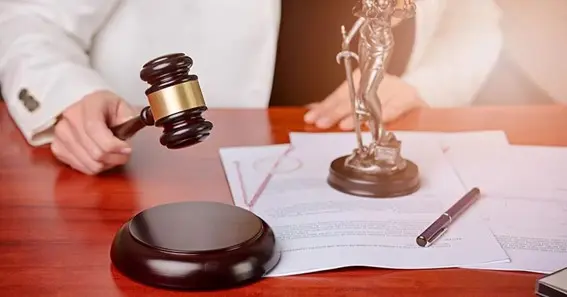In the interplay between medicine and law, medical records stand as pivotal documents. These meticulous records detailing a patient’s history, treatment, and prognosis often become crucial pieces of evidence in legal battles. For instance, in a mesothelioma lawsuit, these records can make or break a case. But what makes them so indispensable? Let’s delve into the intertwined world of medical documentation and the courtroom.
1. Medical Records: The Unsung Heroes of Diagnosis
Often overlooked in the grander scheme of medical procedures are the comprehensive medical records. They chart the journey of a patient’s health, recording everything from initial symptoms to the final diagnosis. Imagine a detective meticulously making notes during an investigation. Similarly, doctors document observations, tests, and treatments, creating a comprehensive narrative of the patient’s health journey. This narrative, in turn, becomes invaluable in establishing the timeline and nature of an illness in legal scenarios.
2. From Clinical Observations to Concrete Evidence
Every note in a medical record, no matter how trivial it may seem, could potentially serve as a piece of evidence in a courtroom. Think of them as the bricks building a strong foundation for a case. In situations where there’s a claim of medical malpractice or exposure to harmful substances, these records help connect the dots. For instance, a simple note about a patient’s complaint when first exposed to asbestos can corroborate their claim in a mesothelioma lawsuit. These records provide the chronological proof that lawyers need to solidify their arguments. Remember, winning this case can be highly beneficial for you on financial grounds because, as legal professionals at ELSM Law state, “A mesothelioma lawsuit can help you recover the high costs associated with a mesothelioma diagnosis.”
Also Read P: Maximize Your Savings With High-Interest Solutions For Your Money
3. Ensuring Authenticity: The Trustworthiness of Medical Documents
One might wonder, can medical records be tampered with or manipulated? Ensuring the authenticity of these documents is paramount. Systems have checks and balances in place to maintain the integrity of medical records. They aren’t just scribbles on paper but are often digitized, timestamped, and backed up. In the courtroom, any hint of tampering can severely compromise a case. Thus, medical institutions go to great lengths to preserve the sanctity of these records. After all, their trustworthiness is what lends weight to them in legal proceedings.
4. The Double-Edged Sword: Privacy Concerns and Accessibility
While the significance of medical records in legal cases is undeniable, there’s a delicate balance to strike with patient privacy. Would you feel comfortable with your entire medical history on display? Probably not. Laws like the Health Insurance Portability and Accountability Act (HIPAA) in the U.S. ensure patient information remains confidential and is only accessible under specific circumstances. For a record to be admissible in court, proper channels must be followed, maintaining the fine line between necessity and privacy invasion.
5. The Evolution of Medical Records: A Glimpse into the Future
As technology advances, so does the way medical records are maintained and accessed. With the arrival of electronic health records (EHRs), the process of storing, retrieving, and sharing patient data has become more streamlined. Can you imagine a future where accessing a pertinent record in court is as simple as a few clicks yet completely secure? We’re inching towards it. As these systems evolve, their role in legal proceedings will only become more pronounced, further cementing their status as indispensable.
Medical records, while clinical at first glance, play a pivotal role in the legal realm. They bridge the gap between medical facts and legal evidence. Whether it’s a mesothelioma lawsuit or a malpractice claim, the weight of these documents is felt profoundly. They stand as silent witnesses, testifying to the truths of a patient’s medical journey and ensuring justice is served in the intricate dance between medicine and law.






